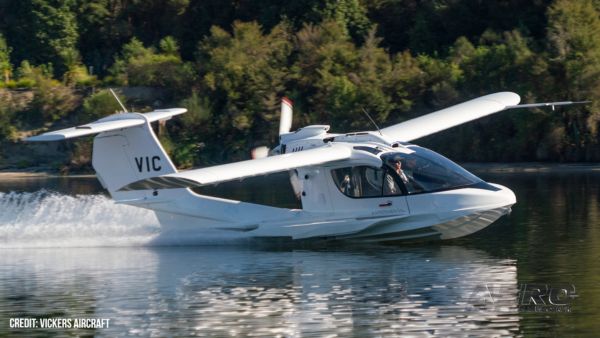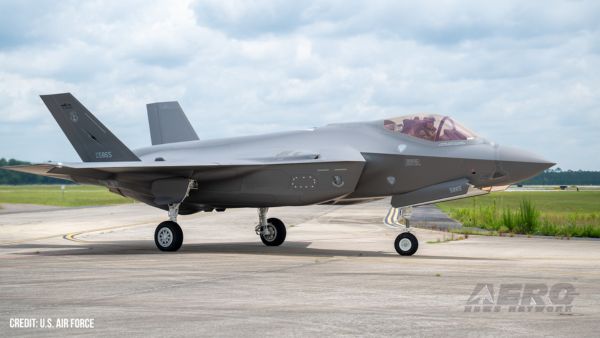Says Only Congressional Action Will Stop The Implementation
During a Dec. 12 webinar presentation to discuss the agency's controversial new OSA-screening proposal with industry stakeholders, Federal Air Surgeon Dr. Frederick Tilton appeared determined to push ahead with the requirements. Tilton’s insistence on moving ahead with the plan was clear, despite the concern expressed by industry stakeholders about the need for more transparency, including the provision of a means for industry input, regarding the new mandate. “If Congress passes a law [forcing industry consultation], we’ll be compliant with it,” Tilton said during the webinar. “Until they do so, we will move forward with this.”

AOPA reports that Tilton said requiring testing for sleep apnea is a "process change" and does not require the normal rulemaking procedures, so it would not be followed. He said AMEs would be given guidance by the FAA, and the policy would go into effect in January.
“This is unacceptable,” said Doug Carr, NBAA vice president for safety, security & regulation, who participated in the webinar. “The FAA is preparing to roll out a major new requirement on pilots without providing a data-driven justification for the policy, explaining its costs and benefits, or giving any means for the pilots who would be affected to give the agency feedback on it. For many of the pilots at NBAA Companies, flying an airplane is how they make a living, so we take very seriously the FAA’s seeming lack of concern, and lack of transparency, on this matter.”
The FAA’s OSA-screening mandate, first announced by Tilton last month, would require pilots with a body mass index (BMI) of 40 or greater to undergo screening for the condition.
Shortly after Tilton’s announcement, it was revealed that the agency would require pilots to bear the significant costs of getting tested for OSA (as much as $5,000, according to some sources), and obtaining the requisite equipment to treat the condition, if necessary. The FAA has suggested that this policy would eventually apply to additional pilots, regardless of the class of medical certificate or the operation in which the pilot flies.
Following the webinar, Carr noted that, while the FAA may dispute the need for industry consultation on its new policy, some members of Congress clearly do not agree with the agency’s assertion, and have responded with legislative action.
A bipartisan bill (H.R.3578) introduced last month by House aviation subcommittee chairman Frank LoBiondo (R-2-NJ) would compel the FAA to follow established rulemaking processes, including a means for industry stakeholders to provide input, before moving forward with its OSA-screening requirements. At the time today’s webinar was held, the measure was awaiting consideration by the full House of Representatives.
“We will continue our efforts to aggressively support H.R.3578, because it will ensure the agency’s plans are vetted through the rulemaking process, which includes public comment and a cost-benefit analysis," Carr said.
NBAA has repeatedly questioned the FAA’s implementation plan for its new OSA requirement.
NBAA President and CEO Ed Bolen expressed his continuing concern about the requirement in written testimony he submitted for a hearing on aviation policy and planning held by the aviation subcommittee of the House Transportation and Infrastructure Committee Wednesday.
AOPA reported that Tilton admitted during the webinar that there have been no fatal FAA accidents that could be attributed to sleep apnea, but it is none the less "a serious problem in other modes of transportation and the agency believes many pilots may be flying with undiagnosed sleep disorders."
 Aero-News: Quote of the Day (08.28.25)
Aero-News: Quote of the Day (08.28.25) ANN's Daily Aero-Linx (08.28.25)
ANN's Daily Aero-Linx (08.28.25) Classic Klyde Morris (08.25.25)
Classic Klyde Morris (08.25.25) Airborne 08.25.25: Zenith Homecoming, VP Racing, Affordable Flying Expo 2025
Airborne 08.25.25: Zenith Homecoming, VP Racing, Affordable Flying Expo 2025 Airborne 08.22.25: ARC Spinoff, Nat'l Championship Air Races, Hawkins Accident
Airborne 08.22.25: ARC Spinoff, Nat'l Championship Air Races, Hawkins Accident



